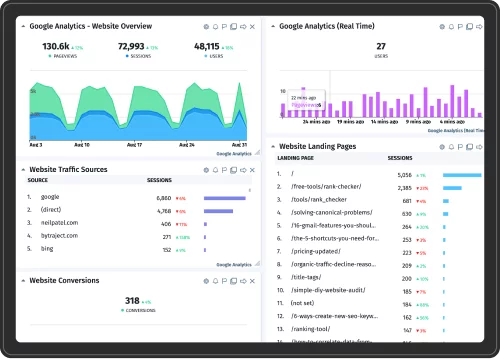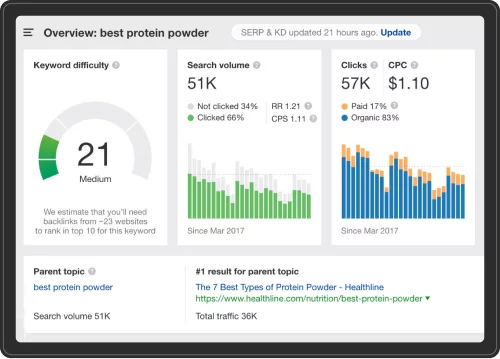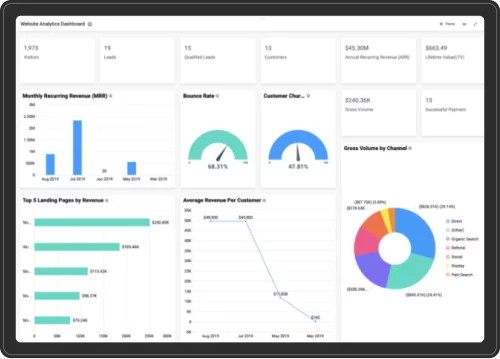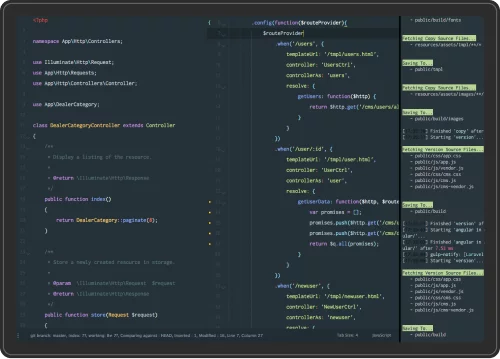In today’s digital landscape, businesses are constantly seeking ways to enhance their online presence and attract customers. One effective strategy is Pay-Per-Click (PPC) advertising, a model that allows businesses to gain visibility on search engines and social media platforms. In this blog post, we’ll explore what PPC is, how it works, and tips for maximizing your PPC campaigns.
What is Pay-Per-Click Advertising?
Pay-Per-Click advertising is an online marketing model where advertisers pay a fee each time their ad is clicked. Essentially, it’s a way of buying visits to your site rather than earning them organically. PPC ads are typically displayed on search engine results pages (SERPs) or social media feeds, making them an effective way to reach targeted audiences.
How Does PPC Work?
-
Keyword Selection: Advertisers select keywords relevant to their business. These keywords are the terms that potential customers use to search for products or services.
-
Bidding: Advertisers bid on the selected keywords. The amount they’re willing to pay per click influences their ad’s placement. Higher bids can lead to better visibility.
-
Ad Auction: When a user enters a search query, an auction determines which ads will be displayed. This process considers bid amount, ad quality, and relevance.
-
Ad Placement: Winning ads are displayed on the SERPs or social media platforms. Advertisers are charged each time a user clicks on their ad.
-
Tracking and Optimization: PPC campaigns can be tracked and optimized in real time. Advertisers can analyze performance metrics such as click-through rates (CTR), conversion rates, and return on investment (ROI).
Benefits of PPC Advertising
-
Immediate Results: Unlike organic SEO, PPC can generate traffic to your website almost instantly after launching a campaign.
-
Targeted Audience: PPC allows for precise targeting based on demographics, location, interests, and behavior, ensuring that your ads reach the right audience.
-
Budget Control: Advertisers can set daily budgets and maximum bids, allowing for better financial control over marketing spend.
-
Measurable Performance: PPC provides detailed analytics, helping businesses understand campaign performance and make data-driven decisions.
Tips for Maximizing Your PPC Campaigns
-
Conduct Keyword Research: Use tools like Google Keyword Planner to identify high-performing keywords relevant to your industry.
-
Create Compelling Ad Copy: Write clear, engaging, and action-oriented ad copy that highlights your unique selling propositions.
-
Optimize Landing Pages: Ensure your landing pages are relevant to the ads, providing a seamless user experience that encourages conversions.
-
Utilize Ad Extensions: Take advantage of ad extensions to provide additional information such as phone numbers, site links, and location details, which can improve ad visibility and CTR.
-
A/B Testing: Experiment with different ad variations, landing pages, and keywords to identify what works best for your audience.
-
Monitor and Adjust: Regularly review campaign performance metrics and adjust your strategy accordingly to improve results and maximize ROI.
Conclusion
Pay-Per-Click advertising can be a powerful tool for driving targeted traffic and achieving business goals. By understanding how PPC works and implementing effective strategies, businesses can leverage this advertising model to enhance their online visibility and increase conversions. As the digital landscape continues to evolve, staying informed and adaptable will be key to successful PPC campaigns.




